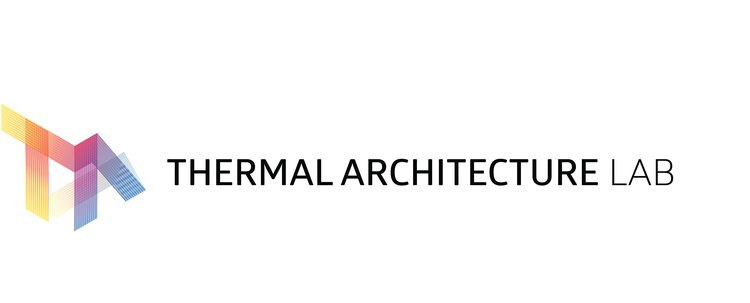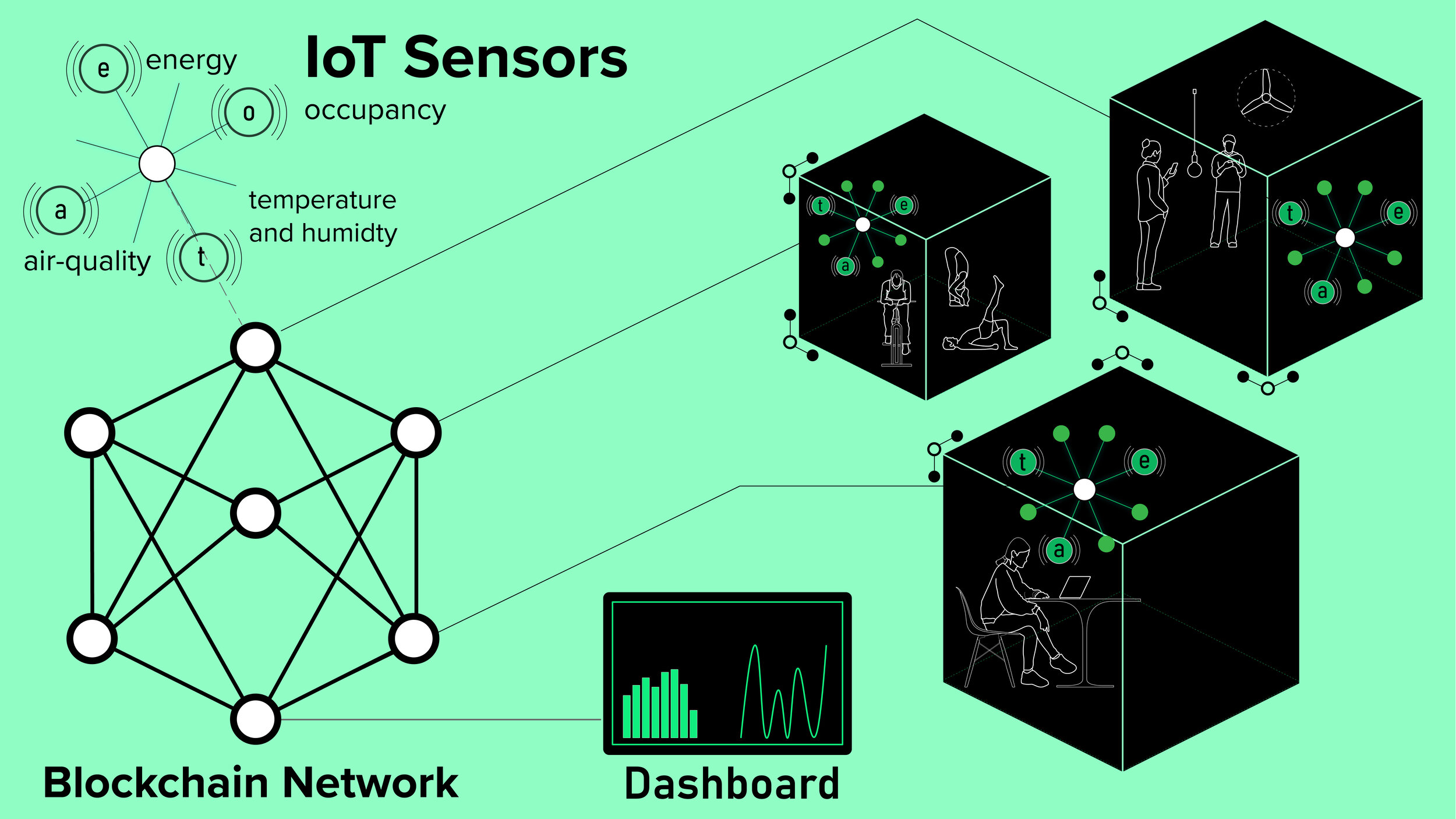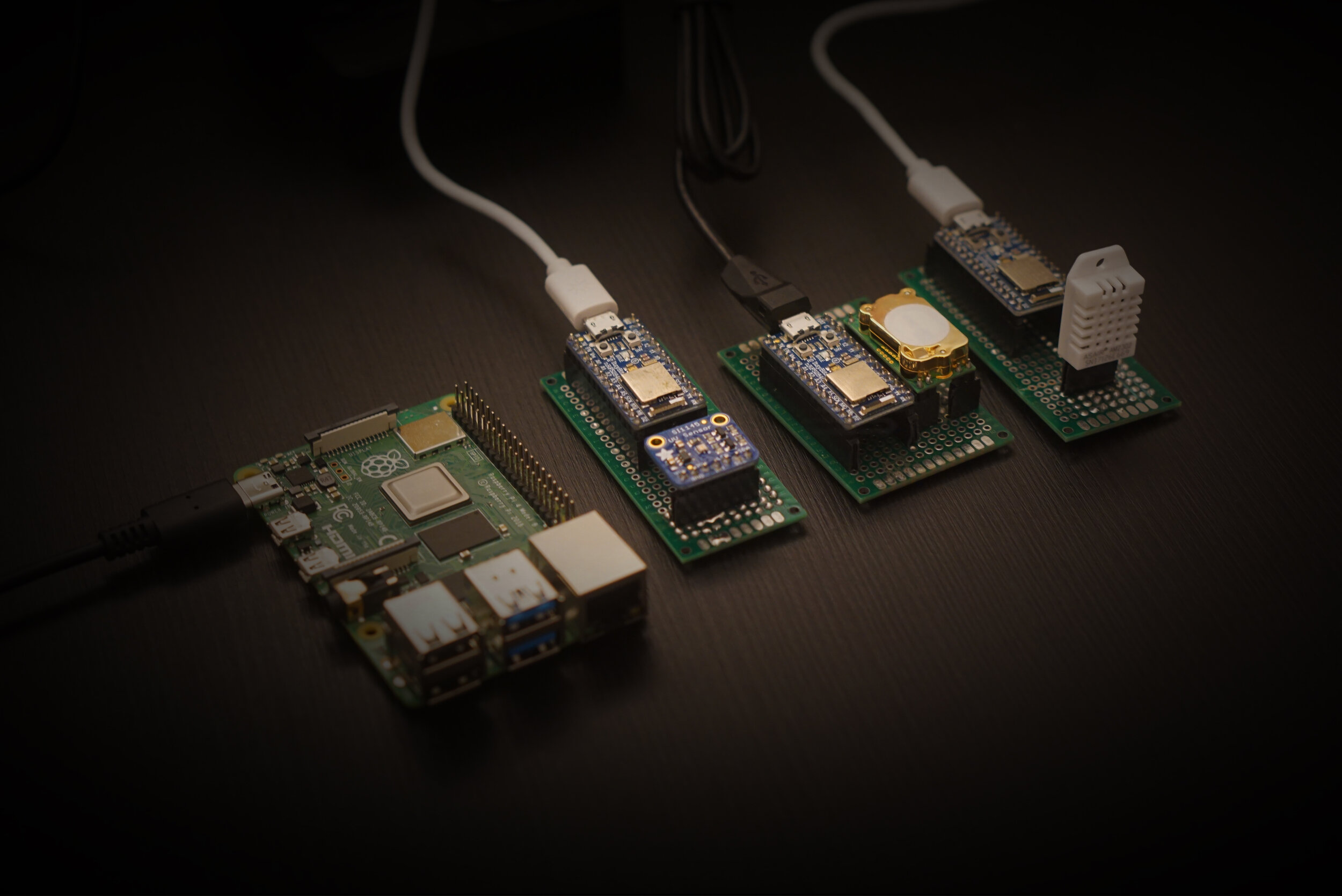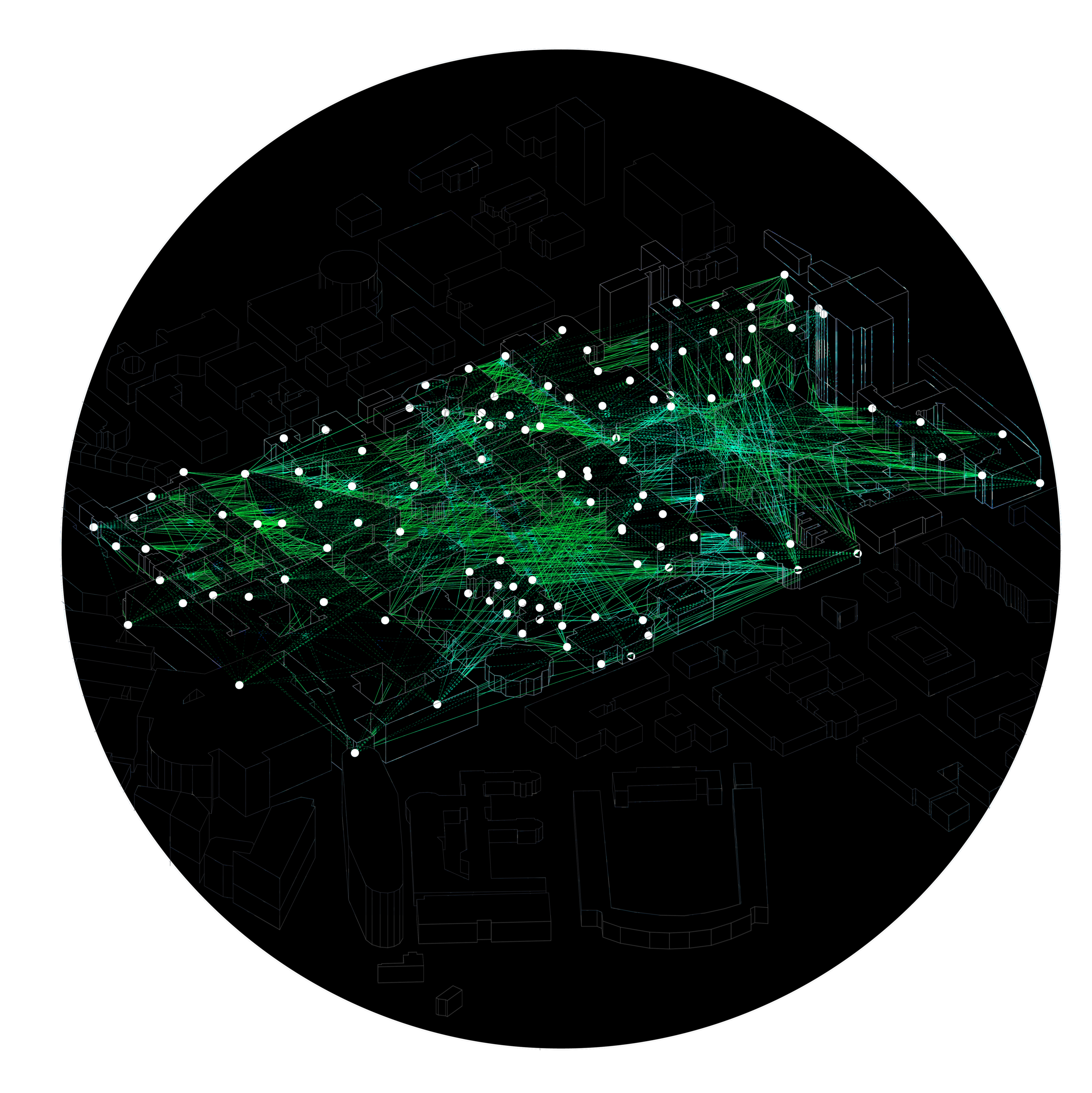BlockPenn: Distributed Energy Monitoring and Environmental Sensing Network Using Blockchain/IoT Infrastructure
Description
The BlockPenn project deploys a distributed ledger network to connect IoT sensors for energy and environmental monitoring across the Penn campus. The network allows for individual-level monitoring of energy consumption and environmental performance for opt-in users. Users across the campus will be able to participate in the network and accrue points based on their performance over time.
Infrastructure: BlockPenn includes blockchain/IoT infrastructure, designed to be easily expandable and scalable to include additional use-cases and capabilities in the future.
Sensors: Low-cost single-board computers (Raspberry Pis) are used as the BlockPenn endpoints, each connected to a local network of IoT sensors. In addition to energy monitoring, the current pilot includes air-quality sensors, artificial light usage monitoring, occupancy detection, and temperature and humidity sensors.
Smart Contracts: The BlockPenn network uses smart contracts to issue points for improvement in energy and environmental performance over time. This allows individuals to track their performance and incentivizes improvement.
Dashboard: the system includes a dashboard, which monitors and visualizes the individual user’s performance based on the sensor data.
Listen to a podcast episode dedicated to this project on All About Blockchain.
Visit the project web page here.
The research is directed by the Thermal Architecture Lab and the Center for Environmental Building Design, in collaboration with Blockchain Expert Lior Glass.
Principal Investigators: Dorit Aviv, William Braham, Lior Glass.
Student Team: Gopik Anand, Yandik Bendale, Max Hakkarainen, Nan (Nancy) Ma.
Research Associate: Alex Waegel.
Funding: Ripple Blockchain Research Fund and the Stevens Center for Innovation Finance



